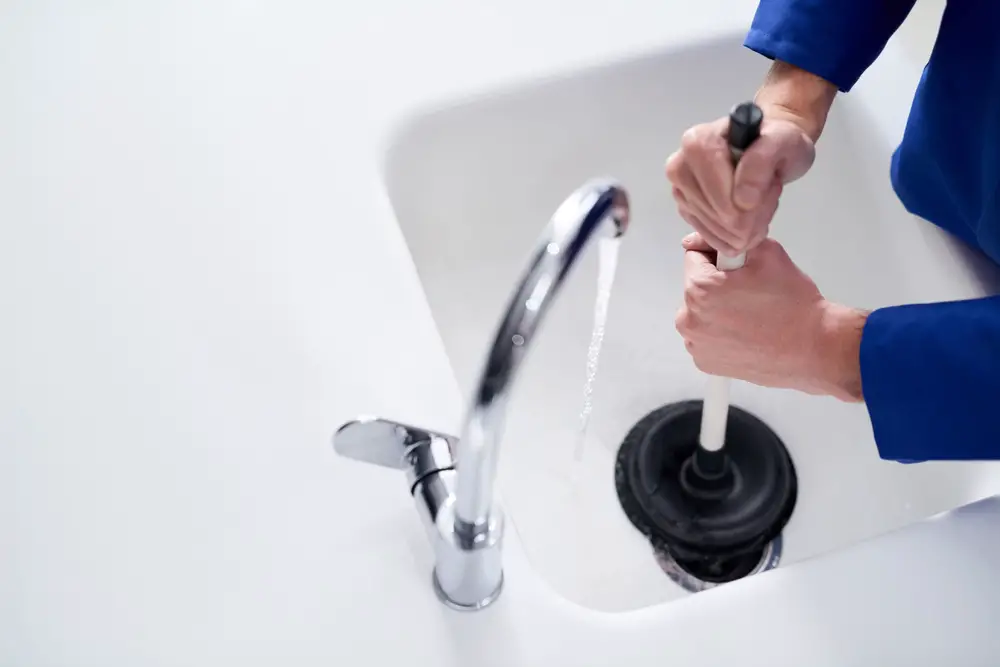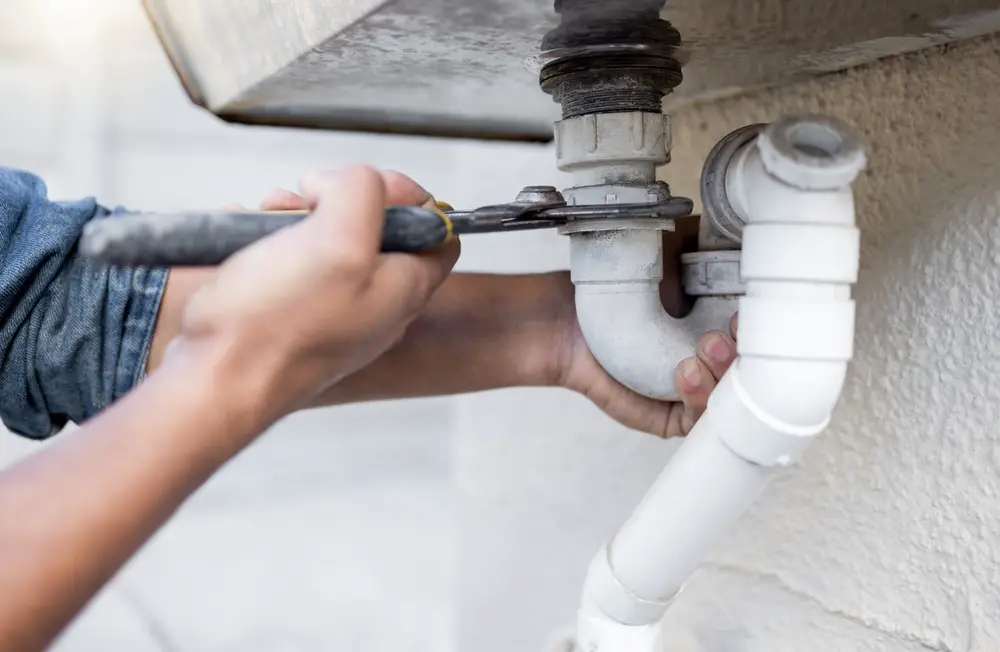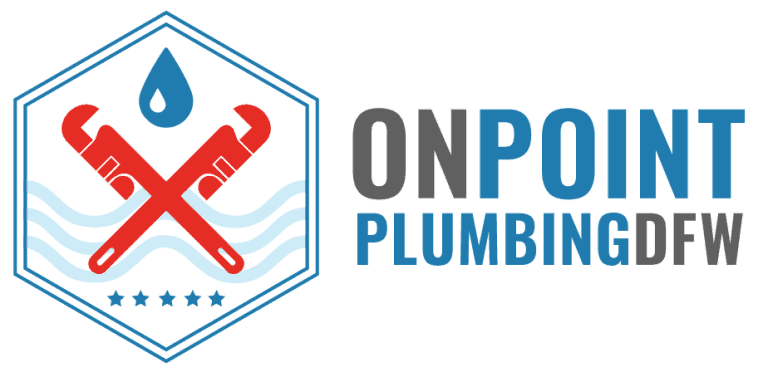
Are you sick and weary of being annoyed by a bathroom sink that drains slowly? Everyone has experienced this: waiting for the water to subside while speculating about the possible source of this bothersome problem. Fortunately, a slow bathroom sink drain does not necessarily indicate a blockage. In this extensive blog, we’ll look at the causes of slow bathroom sink drains, ways to find the issue, and practical fixes to keep your drains operating efficiently.
Understanding the Causes
Accumulation of Hair and Soap Scum
The buildup of soap and hair scum is one of the leading causes of slow bathroom sink drains. The accumulation of these materials can obstruct the free passage of water through the pipes by forming a barrier. Even though it might not always be apparent, this is a frequent problem that can interfere with drainage.
Mineral Buildup
Mineral buildup is a common problem in areas with hard water, which can be a factor in slow bathroom sink drains. Minerals such as calcium and magnesium, present in high concentrations in hard water, are left behind when the water evaporates and accumulates in the pipes, resulting in a slow-draining bathroom sink that is not clogged.
Faulty or Aging Pipes
The plumbing system may cause bathroom sinks to drain slowly. Old or defective pipes can impede water flow; they may rust, corrode, or collapse. It is crucial for older homes to meet current regulations due to obsolete plumbing systems.
Inadequate Ventilation
A plumbing system with inadequate ventilation may experience sluggish drainage. Water flows more easily through drainpipes when the correct pressure is maintained inside them, thanks to vent pipes. A clogged or ineffective vent system can produce suction, making water drain slowly or gurgle.
Identifying a Slow-Draining Bathroom Sink without a Clog
Observation
Start by paying close attention to your slow-draining bathroom sink not clogged. Watch the water drain when you turn on the tap. Note odd patterns, such as water collecting near the drain or flowing more slowly than usual. It may be a sign that there is an issue with the drainage system if you observe water flowing slowly or backing up.
Additionally, while the water drains, keep an ear out for any gurgling noises. Keeping an eye out for these aural and visual signals might provide essential details regarding the root cause of the problem.
Testing Multiple Fixtures
Check every appliance in your house to narrow down the possible reasons why your bathroom sink drains slow no clog. Examine whether the problem is limited to that particular sink or affects other drains, such as the bathtub or kitchen sink—slow drainage from several fixtures points to a structural issue with your plumbing system.
However, if the problem is limited to the bathroom sink, it could be exclusive to that fixture. Determining whether a particular sink-related issue requires care or a more general plumbing issue depends on the scope of the problem.
Water Quality
Examine your local water quality. Living in a hard water area, you may have slower drainage because these minerals can build up inside pipes over time and cause blockages. You can prevent this by researching your local water quality and installing a water softener, which will improve water flow throughout your plumbing system and treat when your bathroom sink drains slowly with no clog.
Gradual Changes
Consider any subtle alterations in your bathroom sink’s functionality. Is the poor drainage a recent development, or has it always been a problem? Determining the exact moment the issue arose and any related modifications to your home or plumbing system might offer vital information. Potential contributory causes may include aging plumbing infrastructure, new fixture installation, or changes in water quality.
Knowing how long the problem has been going on can help you determine whether it has to be fixed immediately or whether it’s a reoccurring issue that calls for a more thorough approach. Having this information on file will come in handy when calling a professional plumber or doing do-it-yourself repairs.
Practical Solutions for Slow-Draining Bathroom Sinks

DIY Cleaning Methods
If soap scum and hair are the most likely causes, try removing the buildup using a vinegar and baking soda combination. To remove the loose debris, use hot water after this. Often, the flow may be restored using this environmentally safe method instead of harsh chemicals.
Plunging Technique
Using a plunger helps clear minor blockages or release material from pipes. To prevent harming the plumbing, use little pressure and make moderate, steady plunges.
Professional Drain Cleaning
Hiring an expert drain cleaning service for severe or chronic instances can be essential. A plumber might employ specialized instruments and apparatus to clear obstinate obstructions and guarantee ideal water flow.
Pipe Inspection and Replacement
If the problem continues, you should have your plumbing system professionally inspected. To restore appropriate drainage, aging or broken pipes may need to be replaced.
Wrapping Up: Effortless Solutions for Your Bathroom Sink Woes
It might be annoying to deal with slow bathroom sink drains, but with the right information, you can figure out what’s wrong and fix it. Whether it’s a straightforward do-it-yourself fix or a call to a licensed plumber, taking action can save you more hassles. Maintain the flawless operation of your bathroom sinks to enjoy a daily routine free from hassles.
Bathroom sinks that drain slowly without apparent blockages are an expertly identified and resolved problem for On Point Plumbing DFW. Our skilled drain technicians in Bedford use careful observation methods to provide reliable diagnoses. We carry out exhaustive testing on several fixtures to guarantee a complete comprehension of the issue. Whether it’s clearing clogged pipes, fixing broken fixtures, or putting preventative measures in place for long-term plumbing health, our skilled technicians at On Point Plumbing DFW thrive at providing quick, efficient solutions. Our top concerns are compelling drainage and your pleasure.
Similar Read: Common Caused and Fixes of Slow Draining Kitchen Sink
